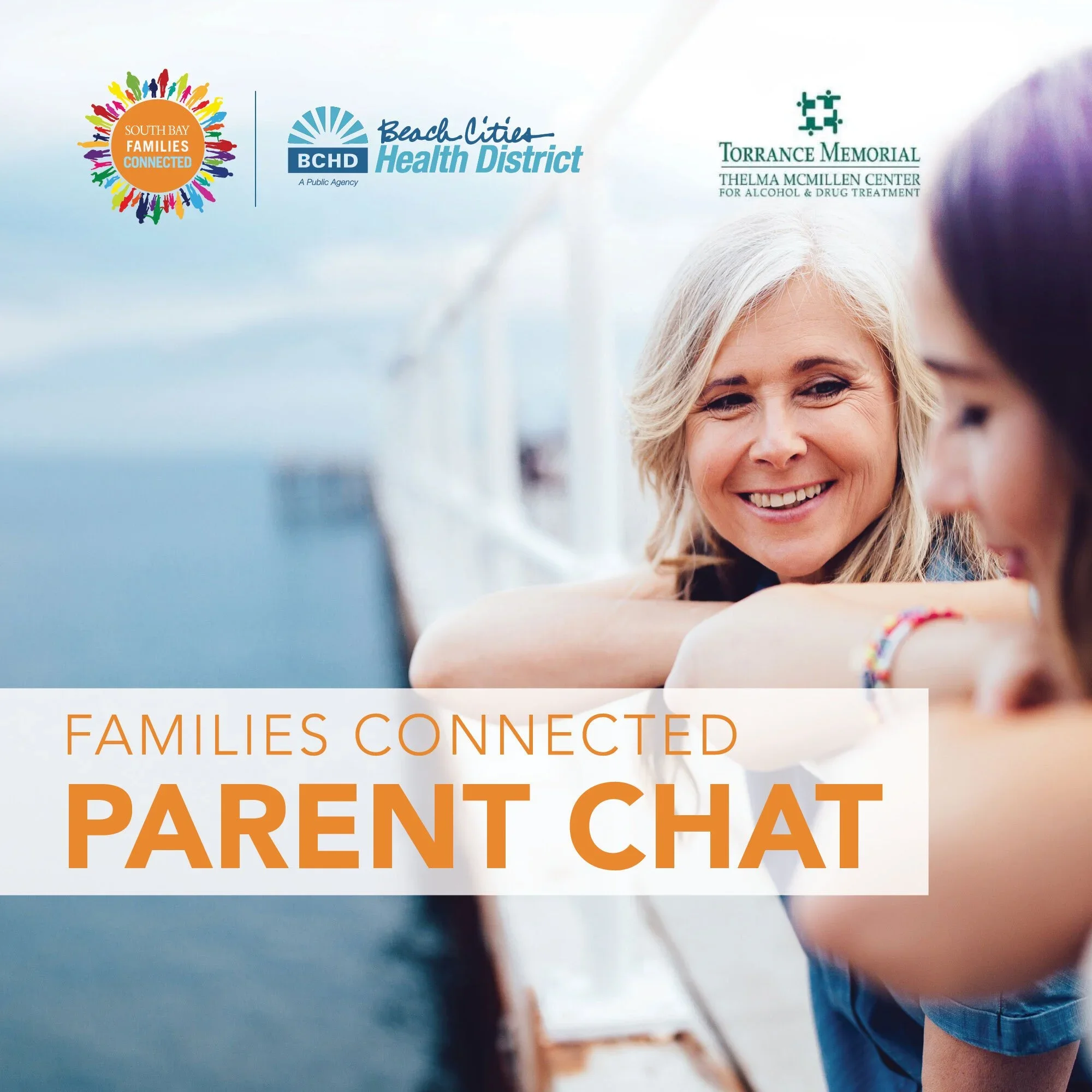Teen Drinking Myths
/As a mother of two teens and the wife of a sober alcoholic, the idea of my kids and their friends abusing alcohol or messing with other substances terrifies me more than anything else. Period. The parents who serve alcohol to minors, to my own kids, make me crazy. We know cigarettes harm your health and parents don’t encourage or allow their kids to smoke. We know seatbelts keep you safe and parents don’t refute that. But because some adults and parents enjoy drinking, they may model drinking behaviors, and some even encourage and teach their kids to drink “responsibly.” And yet, like cigarettes and seatbelts, all the research from the past decade proves the danger of drinking in underage kids.
I’ve read a ton of literature on the subject and have educated myself. All the current research shows that abstaining from drinking until a minimum age of 21, and better yet until 25-26 when the prefrontal cortex is done developing, greatly reduces the likelihood of adult alcohol addiction and abuse.
Here’s the thing about drinking. It’s cool. Having a wine fridge is cool. Microbrews are cool. Premium booze in gorgeous bottles is cool.
And alcohol takes the edge off.
And it makes for a good time.
And it’s legal.
But it’s not healthy or safe for teens and young adults. Yet as parents we sometimes model drinking as cool, and permissible and fun. We are the greatest influences in our kids' lives. So if we’re modeling drinking as cool and fun and a healthy way to manage uncomfortable feelings, of course they’re going to mimic us.
Teen drinking, and adult drinking really, is a touchy subject for me. I do not have an addictive personality. I can take or leave substances. Don’t get me wrong. I definitely did my share of binge drinking in high school and college. Yet by the time I had kids in my late 30’s drinking had lost most of its appeal. But a lot of those people I hung out with couldn’t walk away. I’ve had many friends over the years who used substances to self-medicate and as the dopamine rush of one substance wore off, I witnessed them move to more and more dangerous and addictive drugs. I watched it really mess with their lives, slow their development into adulthood and one of my dearest friends died. Not as a teenager or young adult but as a 50-year-old man couldn’t escape his heroin addiction.
Anyway, the point is I’m not innocent to the joys of partying nor the struggles and suffering of drug addiction. My personal experience has led me to believe most people who lean on drugs are highly sensitive individuals who use drugs to self-medicate. As parents I would encourage you to look at your own drinking patterns and reflect on what the messaging you’re passing down to your kids. Do you say “mommy earned this glass of wine” or “it’s 5 o’clock somewhere”. Are you inadvertently showing your kids that drinking helps you cope or take the edge off?
Here are 3 common myths that current research dispels:
Myth One: If you let your teen drink they will learn how to manage alcohol and become sensible or safe drinkers by the time they begin college.
Fact: “Research in the U.S. and Europe has never shown any benefit to drinking at a younger age or that teens could be safely “taught” to drink. On the contrary, they show that attempting to teach teens to drink results in increased binge drinking. Research clearly shows that the younger a person starts drinking, the greater the chance they will develop alcohol problems later in life. Adults who started drinking at age 15 or 16 are five times more likely to be diagnosed with alcohol dependence as adults who started drinking after age 21.”*
Myth Two: My kid drinks responsibly. They definitely don’t binge drink.
Fact: “For males, bingeing means having at least five drinks at one time. For females, bingeing means at least four drinks at a time. Unfortunately, nearly 22% of high school teens have engaged in binge drinking. Colleges report rates as high as 60%.”
Binge drinkers are more likely to be:
Pushed, hit, or attacked
Confronted with unwanted sexual advances
Sexually assaulted or Seriously injured
Drive drunk, ride with a drunk driver
Have their property damaged
Have unprotected sex and get exposed to sexually transmitted diseases.
Myth Three: In Europe, teen drinking is legal and there’s not a problem.
Fact: “Actually, in Europe, young people have higher intoxication rates than in the United States, and less than a quarter had lower or equivalent rates to the United States. Also, a greater percentage of young people in a majority of Europe report binge drinking at higher rates then compared to their US counterparts. 1-2 Most European youth have higher rates of alcohol-related problems because of their heavy drinking.”
The science is clear about young people and alcohol and other drugs:
Watch this video with your teen to encourage them to stave off alcohol use.
“Early alcohol and other drug use puts the developing brain at risk and substantially increases the risk of problems, victimization, and addiction. Kids whose parents allow them to drink at home drink more often and heavily outside the home. There are no studies showing benefits of letting children or teens try alcohol. Actually, it is the opposite: for health and safety of a child and teen, the only real safe level of alcohol use under the age of 21 is no alcohol use.”
I hope this prompts you to think a little about your own drinking style and habits and the messages you may inadvertently be passing down to your kids.
Anonymous South Bay Mom
Author’s recommended resources:
MADD Handbook How To Talk to Your High Schooler About Alcohol
Jessica Lahey- The Addiction Inoculation: Raising Healthy Kids in a Culture of Dependence
Raising Good Humans Podcast- Episode with Dr. Professor Rob Turrisi




